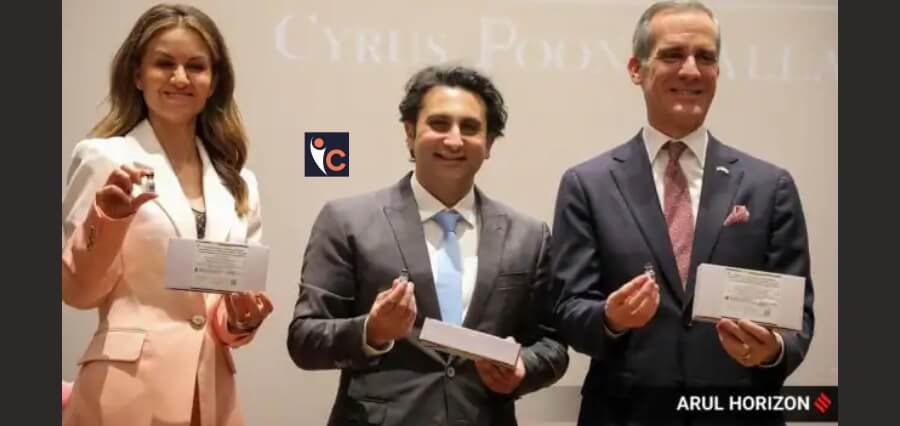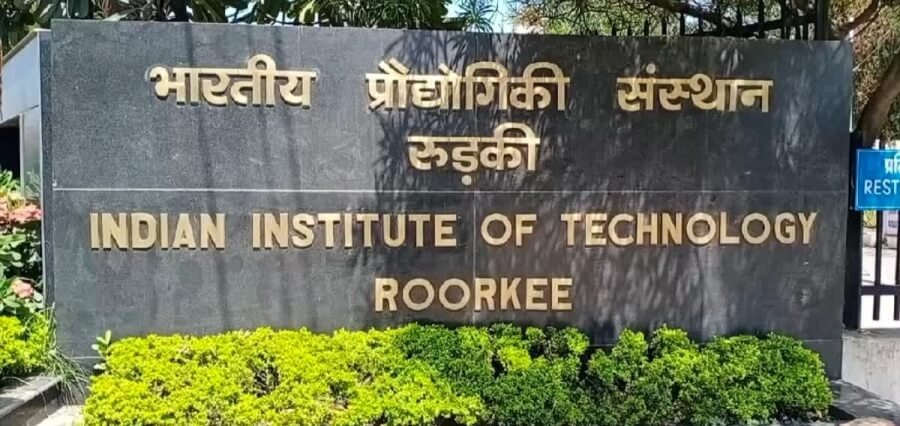The Serum Institute of India (SII), renowned as the world’s largest vaccine manufacturer by volume, achieved a significant breakthrough in the global battle against disease by dispatching the inaugural batch of the R21/Matrix-M malaria vaccine to several African nations. This development holds immense importance as nearly half a million children succumb to malaria annually in Africa, as reported by the World Health Organization (WHO).
The R21/Matrix-M malaria vaccine, a cost-effective and highly efficacious solution, is a collaborative effort between the University of Oxford, SII, and Novavax, utilizing advanced adjuvant technology. Noteworthy for its robust efficacy and safety profile, this vaccine has received authorization for use in children residing in malaria-endemic regions, marking a pivotal advancement in malaria prevention strategies.
SII has already produced 25 million doses of the vaccine, with a capacity to manufacture up to 100 million doses per year. The initial allocation of 163,800 doses for the Central African Republic (CAR) region saw 43,200 doses dispatched on Monday, with subsequent deliveries planned for countries like South Sudan and the Democratic Republic of Congo.
Adar Poonawalla, CEO of SII, emphasized the significance of this vaccine for Africa, highlighting its affordability and accessibility to all African nations and lower-middle-income countries. He underscored the collaborative efforts with Novavax, University of Oxford, and the US government, mentioning SII’s full funding of the phase 3 clinical trials.
Regarding malaria in India, Poonawalla clarified that the specific parasite targeted by the vaccine is not prevalent in the country, indicating a timeline of approximately five years for a malaria vaccine tailored to India. Additionally, he mentioned ongoing endeavors towards developing a dengue vaccine, with clinical trials underway and a potential timeline of two to three years for its availability in India.
The US Ambassador to India, Eric Garcetti, acknowledged the historic impact of this milestone on African children, attributing it to the philanthropic endeavors of the Poonawalla family. This momentous achievement signifies a significant stride in global health initiatives, underscoring the collaborative efforts and dedication towards combating infectious diseases on a global scale.
Read More: Click Here





